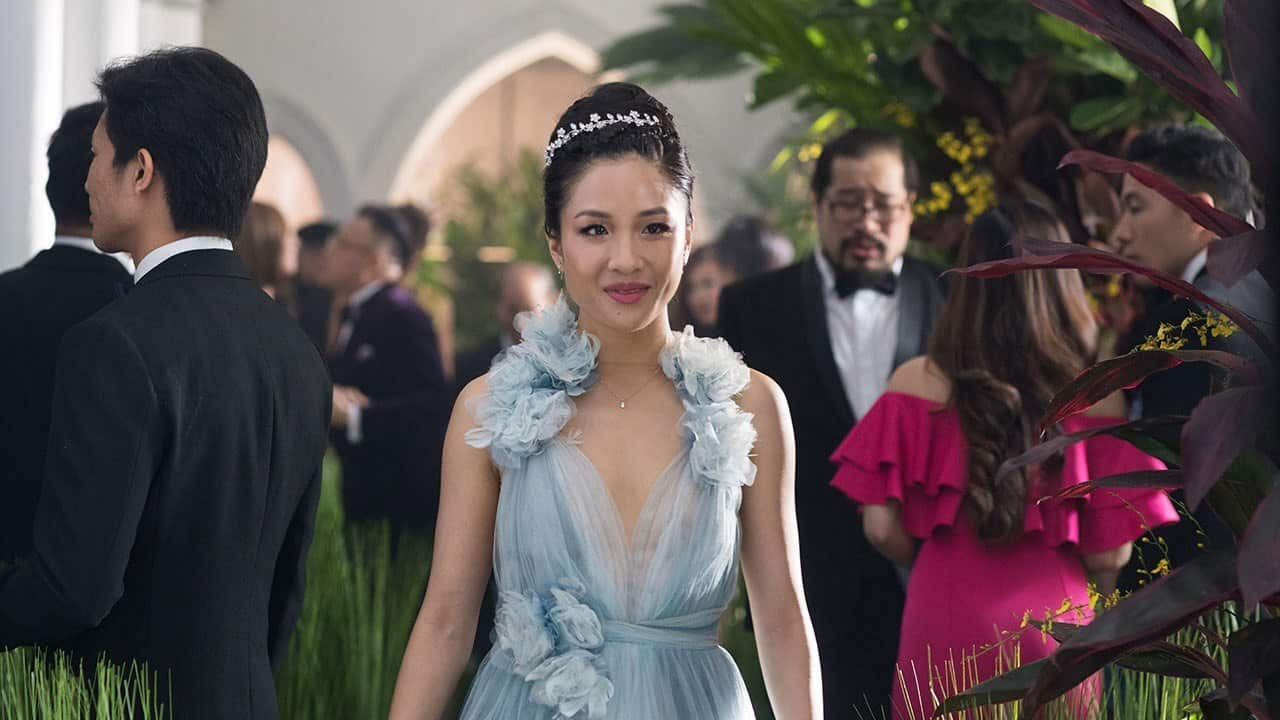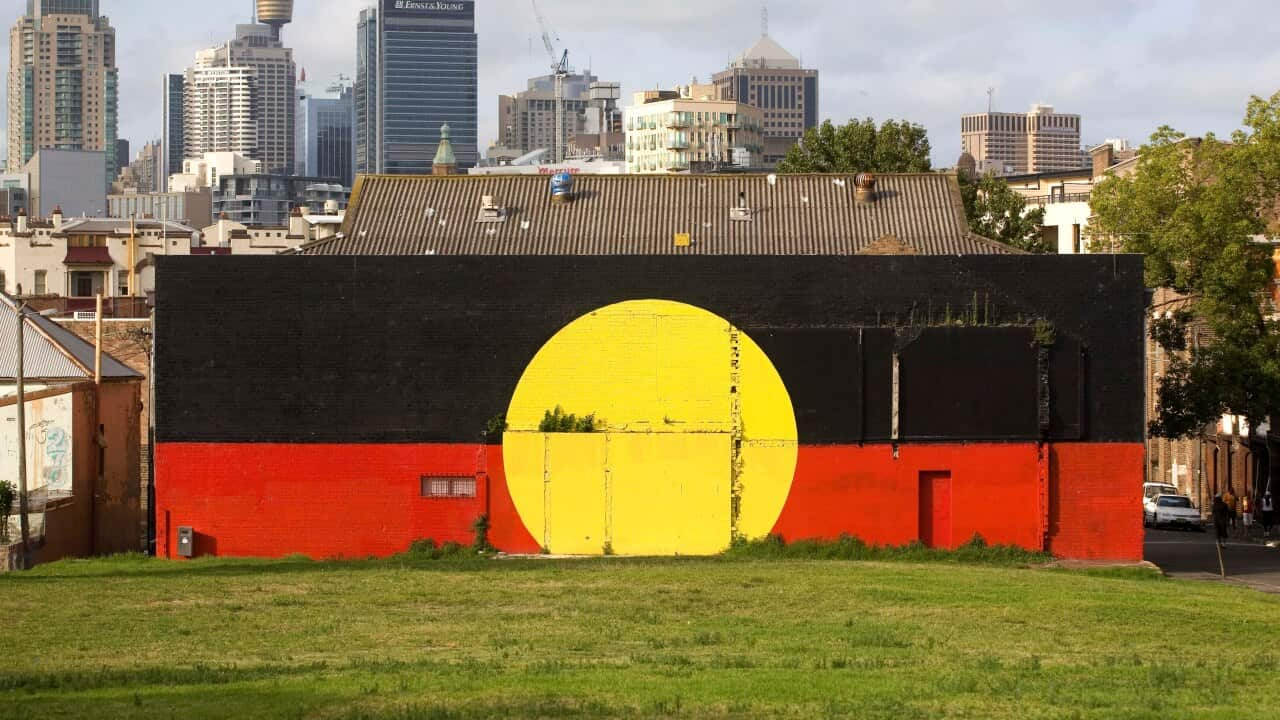I went to my first sleepover when I was 12. After a night of nail painting, I bounced out of bed the next morning to retrieve my toothbrush, excited to continue the frivolity.
“Where are you going?” one of the girls asked.
“To brush my teeth,” I said.
“But we haven’t even had breakfast,” she said, surprised. “You’ve been brushing your teeth wrong.”
A sea of laughter ensues.
Since then, I’ve managed to keep my tooth brushing habits private, lest anyone thinks I am a weirdo. But a post on the viral Facebook group made me realise it was never weird or wrong – just different.
Subtle Asian Traits is the Facebook group that has taken Asian-Australians’ newsfeeds by storm. Created in September by a group of year 12 Melbourne students who met at Chinese school, Subtle Asian Traits gathered 90,000 members in less than a month. In early November it hit 378,657. At the time of writing, it has more than half a million members.
“It’s been really rewarding receiving feedback from members saying that they love our group and have found a place where they belong,” says co-founder Angela Kang.
Growing up with migrant parents, the sense of belonging that many white Australian kids take for granted often eludes us
On the group’s wall, memes about growing up Asian in Australia abound. Text message exchanges with overprotective parents are shared. Women are re-posting offensive Tinder messages from men who — and swapping notes on how to handle them.
Growing up with migrant parents, the sense of belonging that many white Australian kids take for granted often eludes us. We inhabit an : at home, our parents considered us too whitewashed. At school, we were seen as too Asian.
Subtle Asian Traits strikes a chord with its members because it reassures us that our experiences aren’t just awkward, or unintentionally hilarious — but valid.
Until recently, I thought I was the only one at school who made the mistake of saying “open the light”, instead of “turn on the light”. But a pithy post that attracted over 8300 reactions from members and 1600 comments shows I wasn’t alone. It turns out a lot of children with migrant parents, whose first language isn’t English, made the same mistake because in Mandarin and Cantonese the direct translation of switching on the light (打开灯 dǎ kāi dēng) uses the verb “to open”.
The group has a tendency to focus on the East Asian experience, to the exclusion of South East Asians and South Asians
Although Subtle Asian Traits has given me a sense of belonging by normalising my differences, I recognise that the content – which often makes use of pinyin Chinese – isn’t relatable to everyone. The group has a tendency to focus on the East Asian experience, to the exclusion of South East Asians and South Asians.
Comedian touches on this dynamic when she uses the terms “fancy Asian” (being East Asians) and “jungle Asian” (being South East Asians and South Asians) in her stand-up show . “The fancy Asians are the Chinese, the Japanese. They get to do fancy things like host Olympics. Jungle Asians host diseases.” The descriptor “jungle Asian” implies that those who don’t fit into the “fancy Asian” category are inferior, and more likely to face colourism.
And the interactions in the Subtle Asian Traits group highlights this problematic concept.
”Being told you’re not Asian because you’re the brown type of Asian”, one post said.
Another member also expresses her anger at this erasure: "When you’re Chinese and don’t realise that other non-East Asians exist and are lowkey or maybe highkey racist to slightly darker Asians than u lollllll.
Edit: to be clear, I think it’s f---ed.”
Though Subtle Asian Traits has built a community for people to connect with others who share the same lived experience, it’s important to acknowledge it can also reinforce a hierarchy based on skin colour, reflecting the colourism that’s endemic in the Asian community.
Alice Walker, author of The Colour Purple, coined the term colourism to describe the preferential treatment people with light skin receive in ethnic groups, and the prejudice faced by individuals with darker skin tones.
Colourism is perpetuated in the group when the existence of South East Asians and South Asians are erased. East Asians – whose populations are commonly associated with having lighter skin – often receive the most visibility, with their experiences being front and centre in the group.
Also concerning was racially inflammatory content being posted when the group first experienced a massive influx of members. As Kang says, not having the time or resources to moderate comments doesn’t help.
Since then, the group’s administrators have devised ‘group rules’ to combat racist content. Rule One says any hate speech or bullying in the form of racist or colourist posts and comments will not be tolerated.
We need to move beyond acknowledging, with a laugh, the racist beliefs in our community — even from our loved ones
To prevent any further problematic posts, the admin and moderators also decided to pre-approve posts. At the time of writing, the number of pending submissions is 1100. Moderating a group whose popularity has now spread to the United States continues to be a challenge for the small admin team.
Scrolling through the group, another trend that emerges is posts that call out racist attitudes of parents when it comes to dating: ”The Asian parent rule of thumb for dating is ‘if they darker than me, no get marry.’”
One of the posts racked up 1500 laugh reactions: It is difficult for me to laugh off the racist attitudes that our parents may have as just another “subtle Asian trait”.
It is difficult for me to laugh off the racist attitudes that our parents may have as just another “subtle Asian trait”.

A meme posted on Subtle Asian Traits. Source: Supplied
The first time I saw my best friend cry was when her parents stopped her from dating a boy who was of Sri Lankan descent. Her dad, a Shanghai-native, said he’d rather “sit in jail his whole life” than have his daughter be with a boy “like that”. And she was told by some friends not to take her parent’s disapproval personally because it was just a “Shang thing” to dislike dark-skinned people.
But we need to move beyond acknowledging, with a laugh, the racist beliefs in our community — even from our loved ones. By finding these posts funny, we are normalising racism, when we should be challenging it.
As a pinned post from the admin puts it, “One major issue in Asian communities is internalised racism and racism amongst different Asian communities...We are all united in our race, religion and culture. Let’s support each other in a country where 20 per cent of people still view us as the lesser. If we're fighting each other, we are not fighting racism.”
Yenée Saw is a writer and a winner of the 2017 Premier's Multicultural Media Awards.
This article was edited by Candice Chung, and is part of a series by SBS Life supporting the work of emerging young Asian-Australian writers. Want to be involved? Get in touch with Candice on Twitter
Related content

The invisible brown Asians of Crazy Rich Asians







